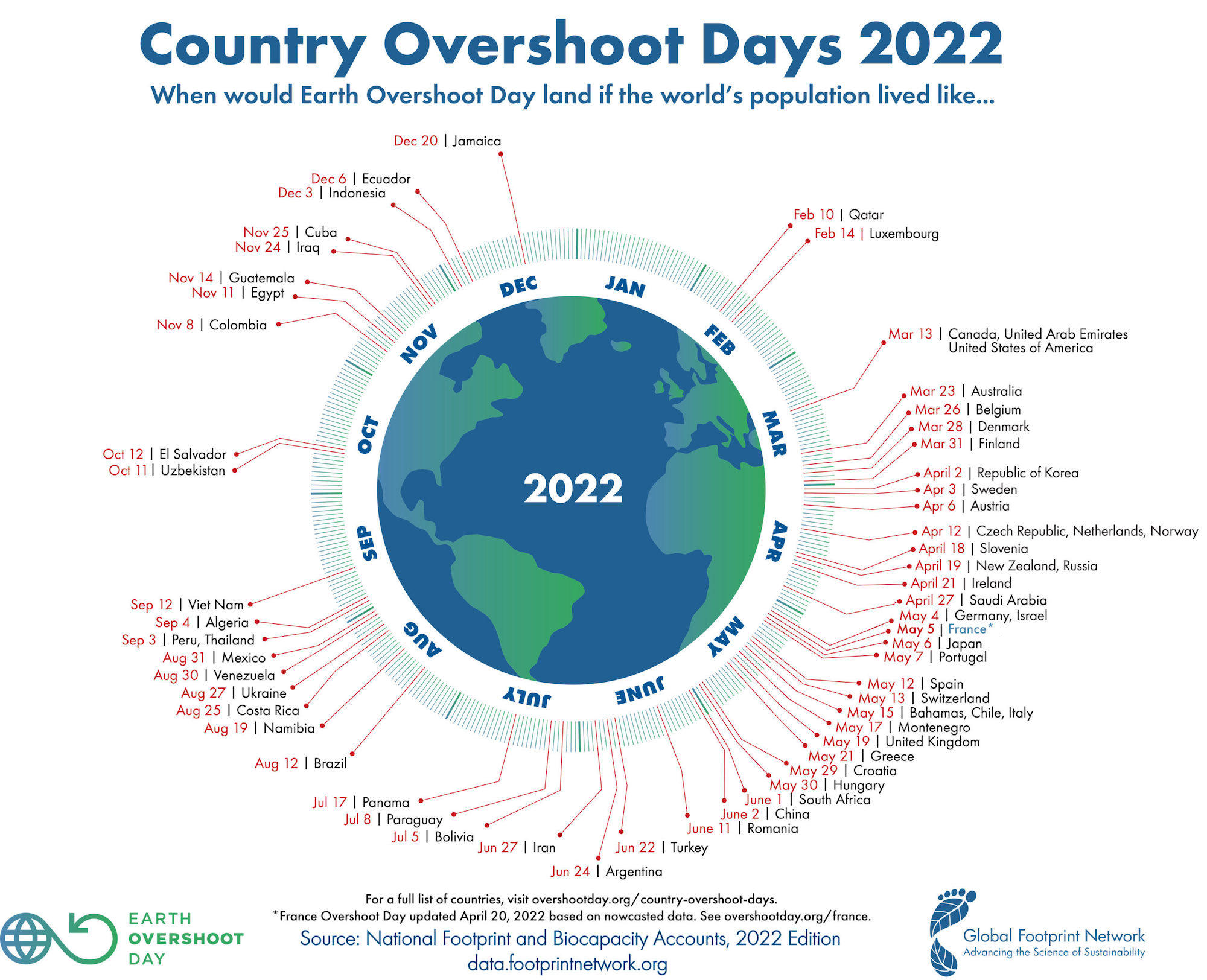
Uncovering the changing rhythms of rivers and people
Rivers follow rhythmic changes; they flow with the seasons and respond to longer climatic shifts and often to the actions of people. In turn, people and their societies are shaped by the rhythm of rivers. This relationship where both nature and people’s social habits are synchronized with the rise and fall of river water over time is referred to as river rhythmicity, in a new paper that describes the important implications of this idea for river conservation and water management.





